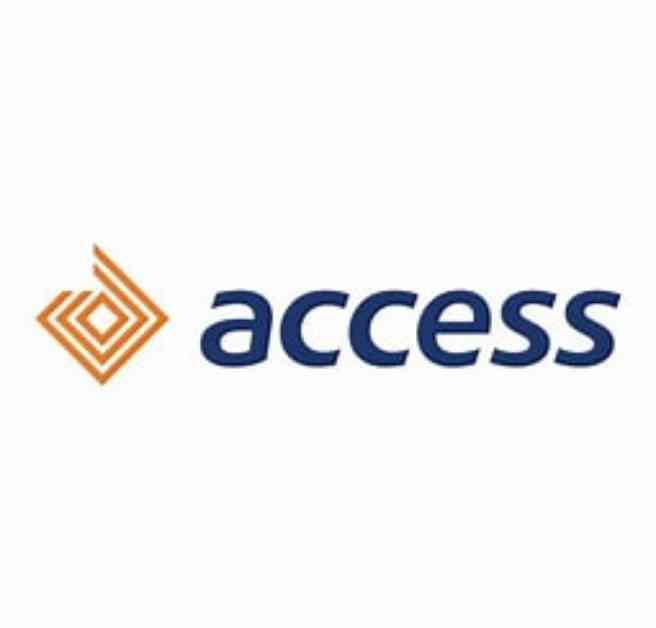Nigeria’s Housing Crisis and Access Bank’s 2.3% Mortgage Effort
In the midst of a deepening housing crisis in Nigeria, Access Bank, the country’s largest lender by assets, has shown a shockingly lackluster commitment to solving one of the nation’s most pressing problems. According to its Q1 2025 report, only N289.3 billion of its N12.2 trillion loan portfolio has been allocated to mortgage lending — a measly 2.3%. The figures are quite concerning, considering the urgent need for accessible home financing in the country.
A Troubling Decline in Mortgage Allocation
The paltry figure of 2.3% allocated to mortgage lending by Access Bank is a stark contrast to Nigeria’s dire need for accessible housing finance. Despite efforts by the Central Bank and housing authorities to promote housing development and increase mortgage access, Access Bank seems content with sidelining the sector. To make matters worse, the N289.3 billion allocated to mortgages in Q1 2025 is actually a decline from the N318 billion reported in December 2024, indicating regression rather than progress.
Questions of Social Responsibility
Compared to competitors like First Holdco, which nearly doubled its mortgage lending from N133 billion in 2023 to over N264 billion in 2024, Access Bank’s figures are far less impressive. This raises questions about the bank’s commitment to helping ordinary Nigerians own homes. Is Access Bank simply uninterested in addressing the housing crisis, or is its size preventing it from fulfilling its social responsibility? The stagnant mortgage lending figures suggest a troubling disconnect from national development priorities.
A Disappointing Stance in the Mortgage Sector
Nigeria’s mortgage sector already faces challenges such as high interest rates, slow loan processing, and rigid eligibility requirements. With the Federal Mortgage Bank of Nigeria aiming for 20,000 mortgage loans annually and 5,000 new homes per year, one would expect a banking giant like Access Bank to play a leading role. However, the bank’s negligible mortgage lending indicates a lack of commitment to supporting national development goals. Experts have called for technology adoption, simplified processes, and improved access to long-term funding in the mortgage sector, but Access Bank seems to be ignoring these recommendations.
In a country grappling with a growing youth population, rapid urbanization, and a significant housing deficit, Access Bank’s lackluster mortgage portfolio reflects a story of neglect, inertia, and misplaced priorities. The bank’s focus on commercial loans raises concerns about its alignment with the real economy and the aspirations of ordinary Nigerians to own homes. As stakeholders continue to call for accountability and improvement in the mortgage sector, Access Bank’s stance remains a cause for worry.




















